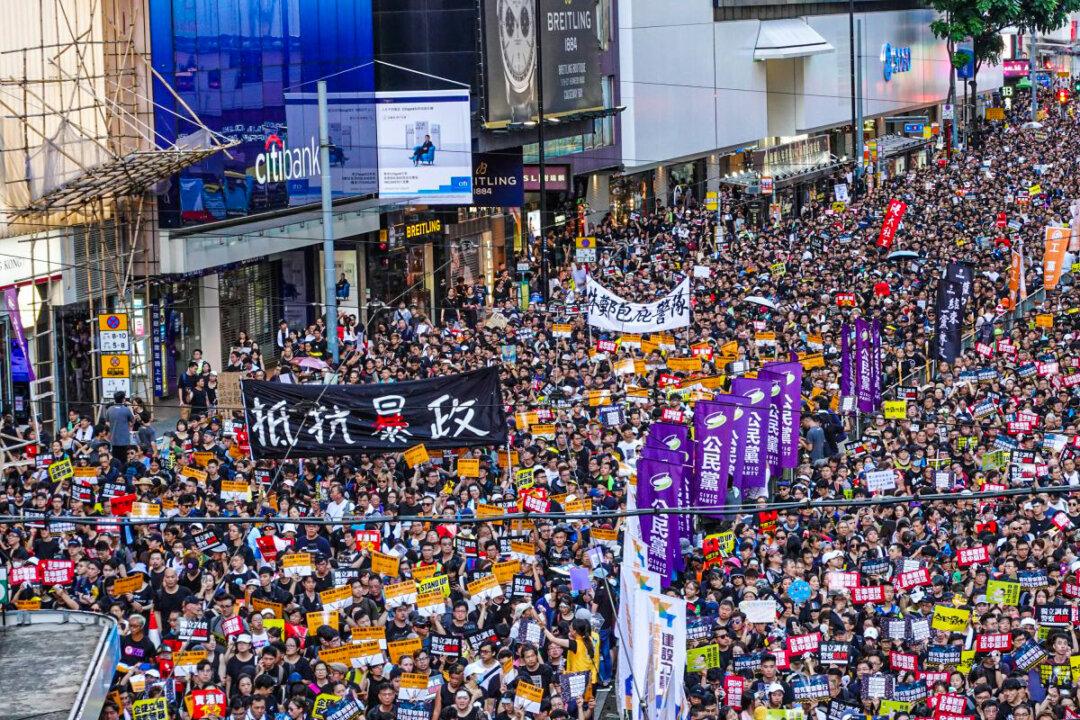Rita Fan Tsui Lai-tai, a member of the CCP’s rubber-stamp legislature, looked back on the past 25-years since the handover of Hong Kong to China, and said with affirmation, “The last 25 years have taught us an invaluable lesson. It teaches all Hongkongers to not talk about democracy and human rights ever again.”
With that being said, scholars rushed to counter-argue Fan’s lesson theory: “If we don’t talk about democracy, what should we talk about then? Dictatorship?”




